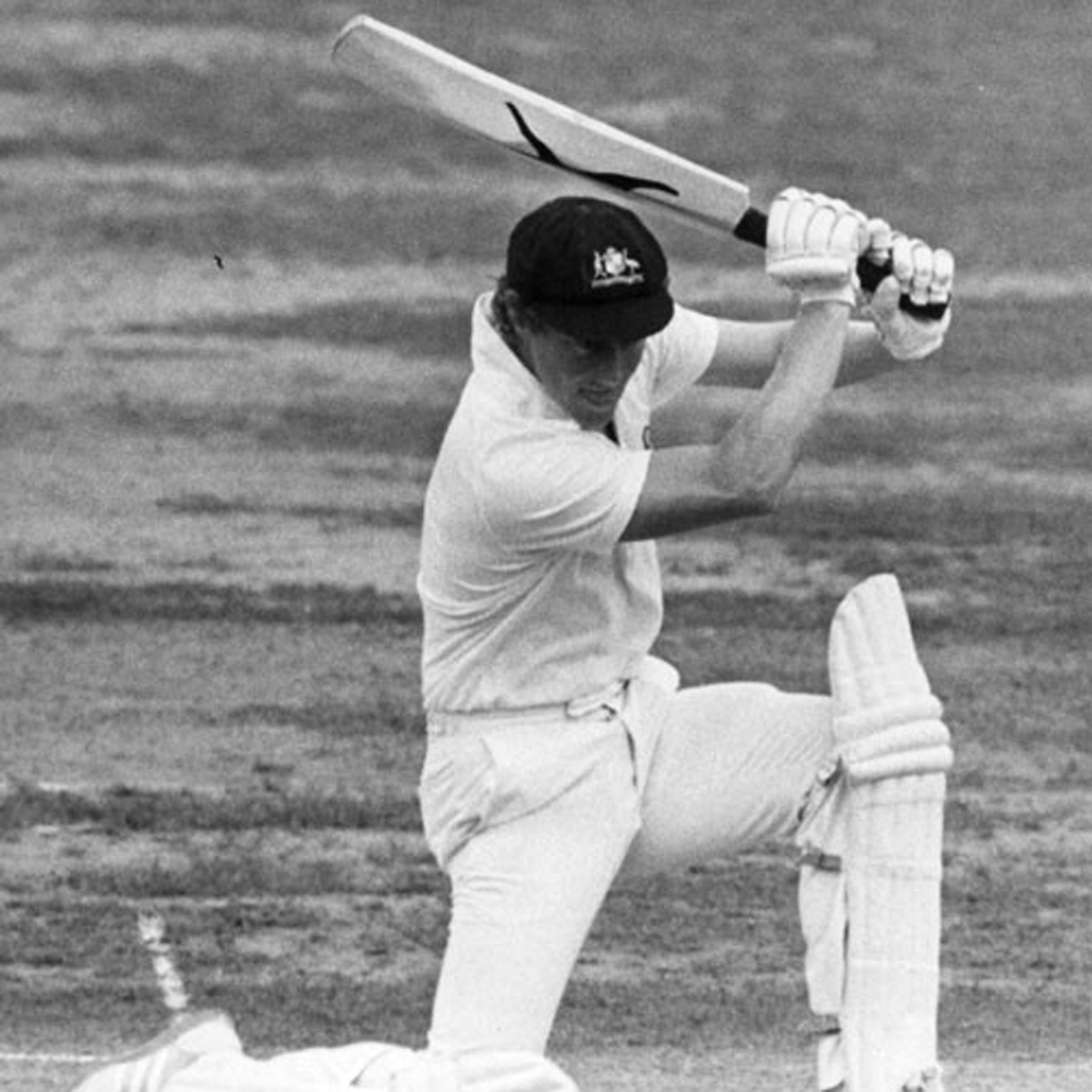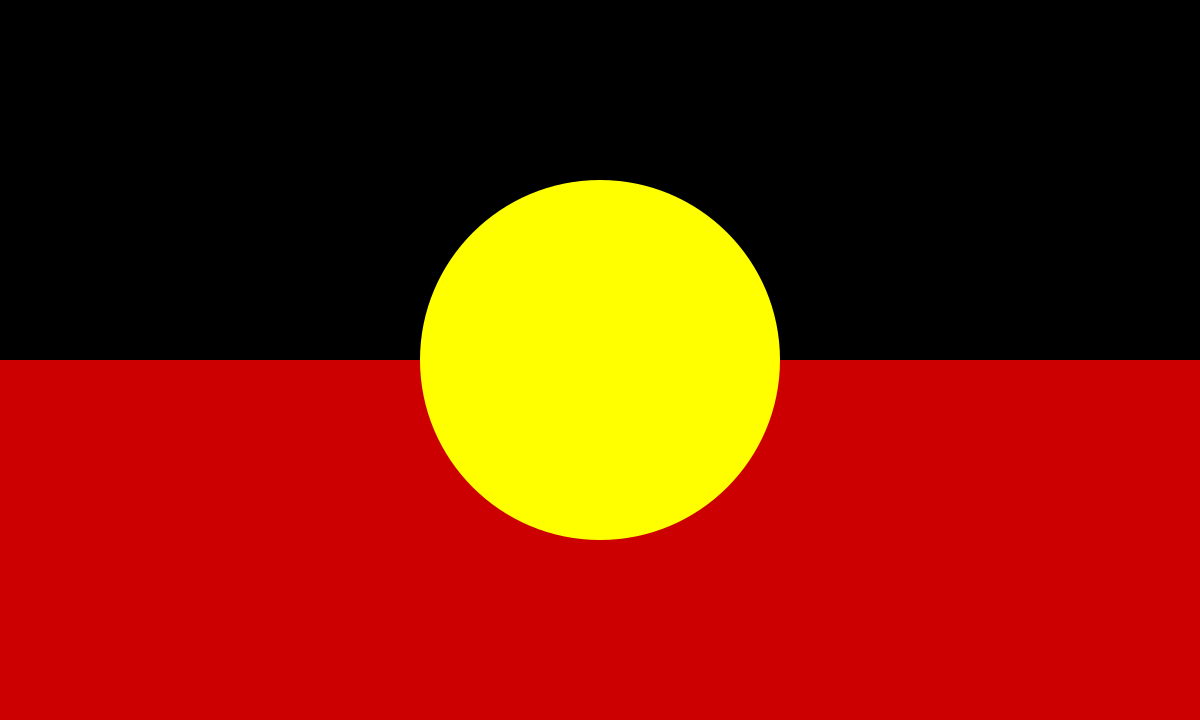Born Margaret River WA
27 January 1954
Kim Hughes was a cricketing trailblazer on two counts – as a devil-may-care batsman and as the first Western Australian to captain Australia. He was a prodigal talent, scoring a century in first-grade club cricket at 15 but had to wait until he was 21 before being picked up for WA.
On 2 November 1975, Hughes walked out to bat for WA for the first time, regaling the WACA Ground crowd with devastating strokeplay. He punished the NSW attack unmercifully and after 166 unforgettable minutes was out for 119, becoming only the fifth WA batsman to post a century on debut.
A star was born, but there was no easy passage to the next level. He made an inauspicious Test debut on the 1997 tour of England, making just one run in his only innings. Only a patient 129 in the first Test against England in Brisbane in 1978-79 cemented his place in the Australian team.
On the eve of the second Test against Pakistan later that summer, Australian’s captain Graham Yallop, was injured. Hughes took over and celebrated his appointment by leading Australia to a seven-wicket victory.
After World Series Cricket, Greg Chappell was preferred as captain, but Hughes was to lead Australia 28 times before resigning unhappily in December 1984. He played in two more tests before departing controversially, leading two Australian rebel tours to South Africa in 1985 and 1987.
Hughes played a number of wonderful innings for Australia perhaps the most memorable being his swashbuckling 117 (14 fours and three sixes) in the 1980 Centenary Test at Lord’s. His unbeaten 100 against the West Indies on a treacherous MCG wicket in 1982-82 was a masterpiece in courage and concentration. His majestic 213 from 301 balls in the fifth Test against India in 1980-81 delighted Adelaide Oval spectators and a spellbound television audience.
In 70 test, Kim Hughes scored 4415 runs at 37.41, with nine centuries. He also played 97 limited-overs internationals. He represented WA in 66 matches, 26 as captain, and made 4588 runs at 42.87, with 13 centuries.


